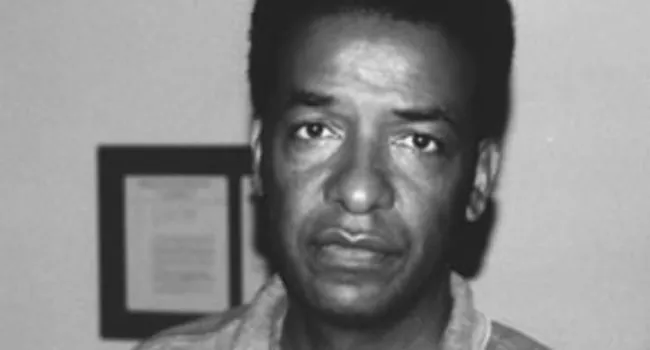"S" is for Slave Patrols. Slave patrols were a crucial mechanism of slave control in colonial and antebellum South Carolina. Like the state’s earliest slave codes, the earliest slave patrol systems were based on Barbadian models. Following the Stono Rebellion in 1739, the Assembly passed the Negro Act of 1740, which provided for regular, constant patrols. In South Carolina, all plantation owners were called upon to serve in patrols. Patrol beats were not large; most ranged between ten and fifteen miles. The typical antebellum patrol consisted of a handful of men on horseback with three principal tasks: to search slave quarters, to disperse slave gatherings, and to guard roads and towns from delinquent slaves. The system of slave patrols established in 1740 would last, with minor revision, until the end of the Civil War.
Slave Patrols | South Carolina Public Radio
Kaltura



















